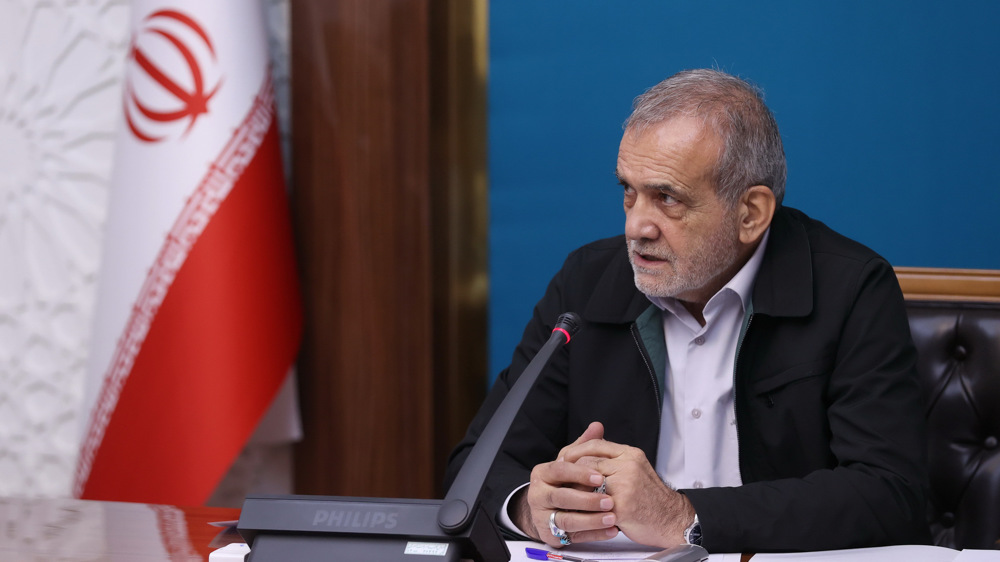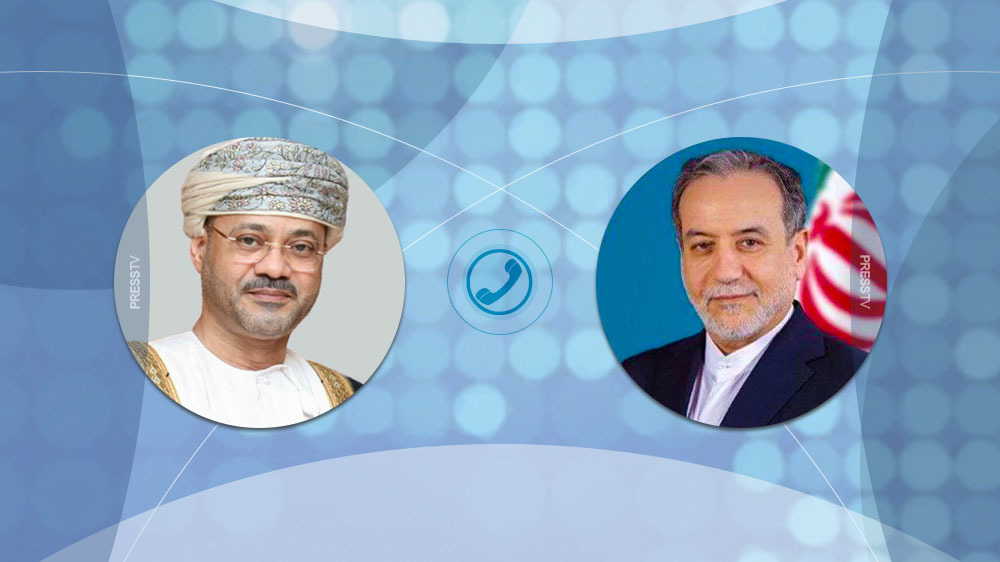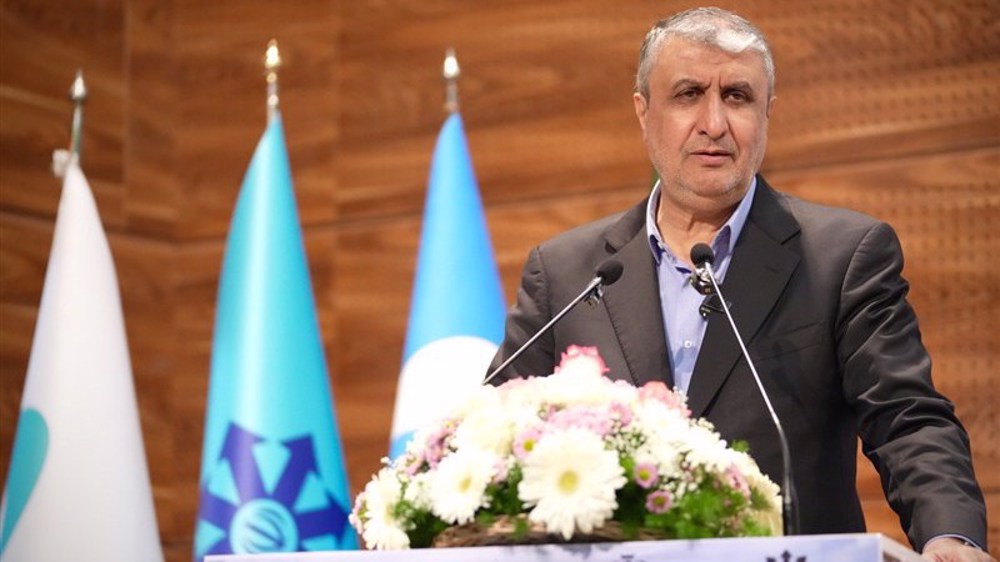Iran’s UN envoy: US should take first step towards reviving nuclear deal
Iran’s ambassador to the United Nations says the United States’ withdrawal from the 2015 nuclear deal eroded trust in the country among the Iranians and on the global stage, calling on Washington — as the party that left the negotiating table — to take the first step towards reviving the multilateral agreement.
In an interview with the English-language France 24 television news network on Tuesday, Majid Takht-Ravanchi said “it’s quite clear who should take the first step” since it was Washington that left the nuclear deal, officially named the Joint Comprehensive Plan of Action (JCPOA), in 2018.
“It was not Iran that left the negotiating table. It was not Iran that left the nuclear deal. It was not Iran that violated [UN Security Council] Resolution 2231,” which endorsed the JCPOA, he said. “It was the United States that violated Resolution 2231. It was the US that violated the JCPOA."
On May 8, 2018, former US president Donald Trump unilaterally pulled his country out of the landmark pact and slapped sweeping economic sanctions on Iran as part of his “maximum pressure” campaign against Tehran.
A year later, Iran started its reciprocal measures by reducing its commitments to the 2015 nuclear deal after the remaining European parties to the deal — France, Germany and Britain — failed to fulfill their commitments to Tehran by confronting the unilateral US sanctions.
Tehran began to gradually remove a cap set in the JCPOA on its nuclear activities at bi-monthly intervals. At the time, Tehran insisted if the Iranian economy was shielded from sanctions, it would reverse its nuclear decision.
Takht-Ravanchi further highlighted Iran’s patience before going ahead with its retaliatory steps within the JCPOA’s framework, saying Iran respected a call by the remaining signatories back then for Tehran not to leave the deal and waited for a full year following Washington’s exit.
The Iranian UN ambassador highlighted that Iran had no other option but to reduce its commitments under Article 36 of the nuclear deal after the other signatories failed to honor their own obligations.
Takht-Ravanchi recalled that the Iranian Parliament eventually approved a law that obligates the administration to take more steps away from the JCPOA.
On December 1, 2020, Iranian lawmakers overwhelmingly voted in favor of the “Strategic Action Plan to Lift Sanctions and Safeguard Interests of Iranian People,” which intends to counteract sanctions imposed on Iran after the US pulled out of the nuclear deal. The bill became law after being endorsed by Iran’s Guardian Council.
According to the new law, the Iranian administration is required to suspend more commitments under the JCPOA if the US sanctions are not eased by February 21.
The law tasked the Atomic Energy Organization of Iran (AEOI) with producing and restoring at least 120 kilograms of enriched uranium with a 20-percent purity level every year and also enrichment beyond 20 percent if the country’s peaceful nuclear activities demanded.
Takht-Ravanchi further said that Washington’s withdrawal from the JCPOA was a major blow to its own reputation as well as the international law, and further eroded trust in the United States around the world, including in Iran.
“Our people do not have any trust in the words of the United States. So, it is the United States that needs to start implementing its obligations in order to gain the trust of the Iranian people. The United States is obligated to honor its commitments,” he said.
Takht-Ravanchi also dismissed the notion of re-negotiation of the JCPOA and French President Emmanuel Macron’s suggestion that Saudi Arabia should be involved in renewed international engagement with Iran over the pact.
“Participants of the JCPOA are named in Resolution 2231, so we cannot add anyone to it. We cannot cross out any names in the JCPOA," he said, adding the participants are known to all.
Trump's top general warns of Iran aggression risks: reports
VIDEO | US ambassador’s remarks on Israel’s expansion spark outrage
VIDEO | ‘Protect the Right to Protest’ rally held outside London court
VIDEO | Gaza bakery supports displaced families ahead of Ramadan Iftar
France blocks US ambassador from ministerial meetings after summons no-show
Around 20 nations condemn Israeli push toward West Bank annexation
Iran pursuing broader cooperation with African nations: Pezeshkian
Israeli minister threatens to seize entire Gaza if Hamas refuses to disarm

















 This makes it easy to access the Press TV website
This makes it easy to access the Press TV website